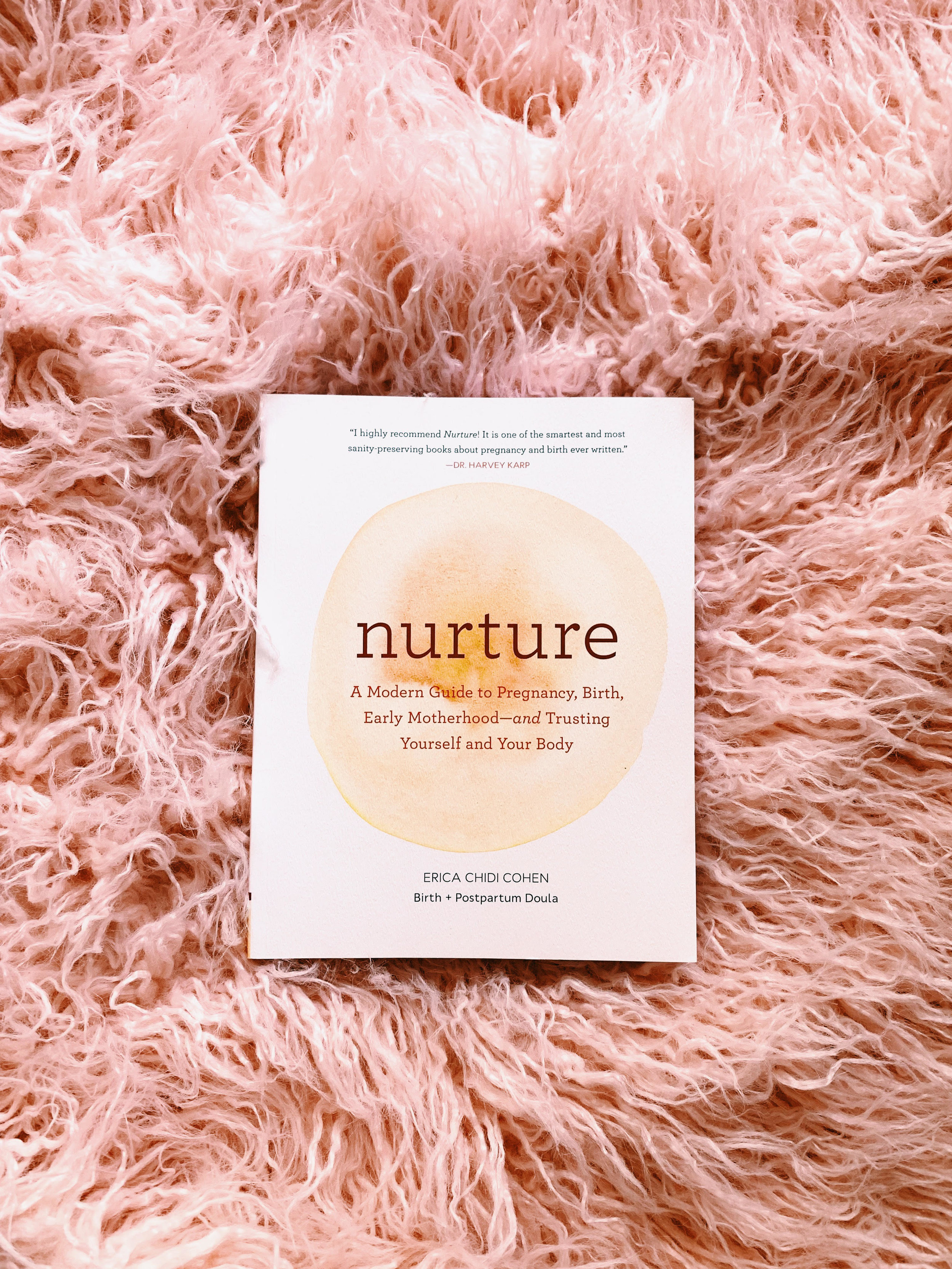Suggested Reading for Black Maternal Health Week
originally posted on Instagram on April 10, 2019
Suggested reading for #BlackMaternalHealthWeek: Killing the Black Body by Dorothy Roberts.
From forced breeding of enslaved people, to eugenics, to the good and bad side of the rise of birth control, to medical racism, to forced sterilization to forced child bearing (i.e. “pro-life,”) and more and more and more - this book will help you understand that the Black maternal health crisis does not exist in a vacuum, it in is informed by history and bias after racist bias built up over literal centuries now. This book is a must read for birth workers, for feminists, for anyone who cares about reproductive justice, for anyone who cares about history, or for anyone who is a human.
Suggested reading for #BlackMaternalHealthWeek: Nurture by Erica Chidi Cohen
I broke up with the notion that Ina May Gaskin is the messiah of the natural birth community when she proved herself to be wholly inept and uninformed in regards to the Black maternal health crisis. To me, her decision to remain ignorant about the reason why Black birthing folx are experiencing such abysmal birth outcomes comparatively, is an explicit decision to not be of service to Black birthing folx. That story isn’t what this particular post is about, so I’m not going to get further into that, BUT I preface this post with that because that incident was a wake up call to decolonize my birthing bookshelf, and it pushed me to find other experts. It brought me face to face with the realities of who I was willing to consider an expert and unpack why that is. It forced me to acknowledge that maybe Ina May’s Guide to Childbirth worked well for me because of who I am as a white, privileged, straight, and crunchy woman. I looked elsewhere for books that aren’t just inclusive of BIPOC, but written by and led by BIPOC, and one of the books I found was Nurture, by Erica Chidi Cohen. It has replaced Ina May’s Guide to Childbirth on my bookshelf as my go-to, first recommendation to newly pregnant folx. If you want to get someone a book for their baby shower, or just as a “yay! You’re pregnant!” gift, then please (throw What to Expect When You’re Expecting in the nearest trash can) and consider buying Nurture instead. It’s comprehensive - covering how to mentally and physically prepare for pregnancy and what to expect, through birth, postpartum, and so much more, and it does so in a non-overwhelming way that is accessible to all parents despite their interest in birth. When I became pregnant, I treated it as if I was getting my PhD in pregnancy, birth, and postpartum because I had found my passion and calling in that experience, but I recognize that this is not the average birthing person’s case, and therefore all the information available can be overwhelming. This book covers it all in a grounded, practical, judgement-free, comforting way.
Suggested Reading for #BlackMaternalHealthWeek: White Spaces, Missing Faces by Catrice M. Jackson
No, this book is not actually directly related to Black maternal health, but is DEEPLY related to and informative of why BIPOC don’t always feel safe, welcome, supported, heard, or understood in the White-dominated natural birth community. Unpacking the ways in which White birth workers contribute to this exclusionary model is an essential first step, in my opinion, in becoming a safe person of service to Black birthing folx. I have learned by listening to Black womxn that, ultimately, what will disrupt the Black maternal health crisis is disrupting and dismantling white supremacy. And I have learned by listening to Black womxn that the first step to doing that is disrupt and dismantle it within yourself.



